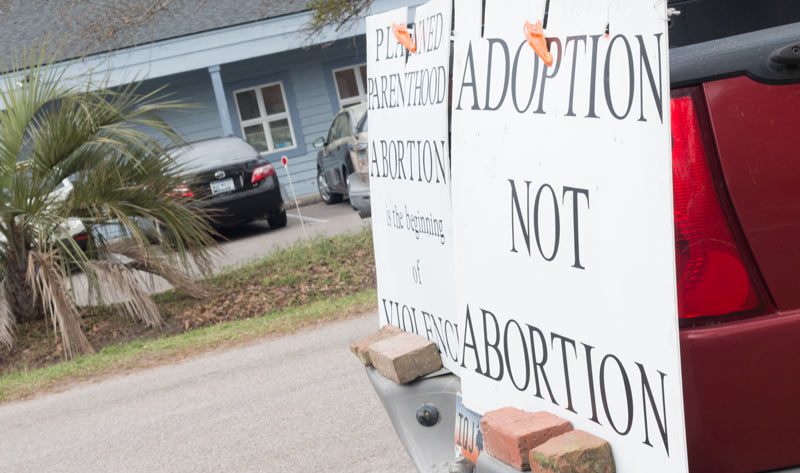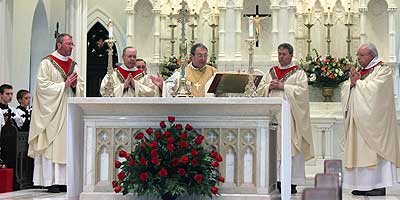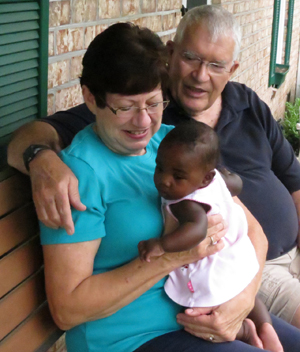
CHARLESTON—The free speech rights of pro-life advocates in the Charleston area earned a positive boost recently.
Charleston city attorneys agreed that pro-life activists with 40 Days for Life, Sidewalk Advocates for Life and other groups have the right to pass out leaflets and other information to motorists on a public right-of-way in front of the city’s only abortion clinic, the Charleston Women’s Medical Center.

In February, the Thomas More Society contacted city attorneys challenging the actions of police officers who told pro-life advocates they could not stand in the right-of-way. Based in Chicago, the society is a non-profit law firm that focuses on pro-life, family and religious freedom issues.
The challenge was issued in response to police enforcement of a panhandling ordinance passed by the city in 2015. One part of the ordinance prohibits handing items to or from a motor vehicle on a public roadway, with the goal of maintaining the free flow of traffic and minimizing panhandling.
Jocelyn Floyd, associate counsel with the Thomas More Society, said pro-lifers standing on the right-of-way outside the medical center were told by police they could not hand out pro-life literature because the space they stood on was technically a roadway. Floyd said the society cited past rulings that state public rights-of-way are legal spaces where protesters and others can express themselves, including outside abortion clinics.
Floyd said on March 4 the Thomas More Society received a notice from Susan J. Herdina, assistant corporation council for the City of Charleston’s legal department, saying the pro-lifers were allowed to use the right of way.
“The ordinance was not enforced against their clients because of the particular location where they were standing … on the public right-of-way,” Herdina wrote in an email. “They were not interfering with traffic on the public streets, jeopardizing the safety of persons in their cars or blocking access to the medical center.”
Floyd said her clients are happy they can continue to share pro-life literature with motorists entering and leaving the clinic.
“Our goal in these situations is always to restore the protection for clients’ first amendment rights as quickly as possible,” Floyd said. “We’re willing to take officials to court if necessary, but where we can have smooth and congenial interaction, it’s a win-win for everybody.”



